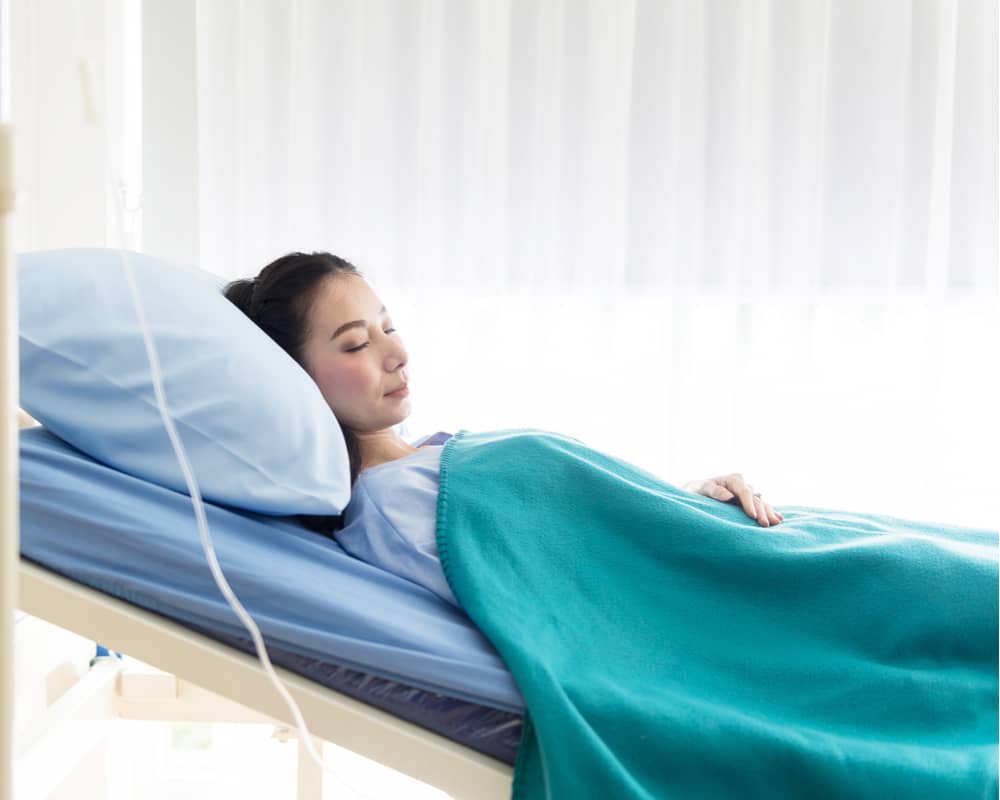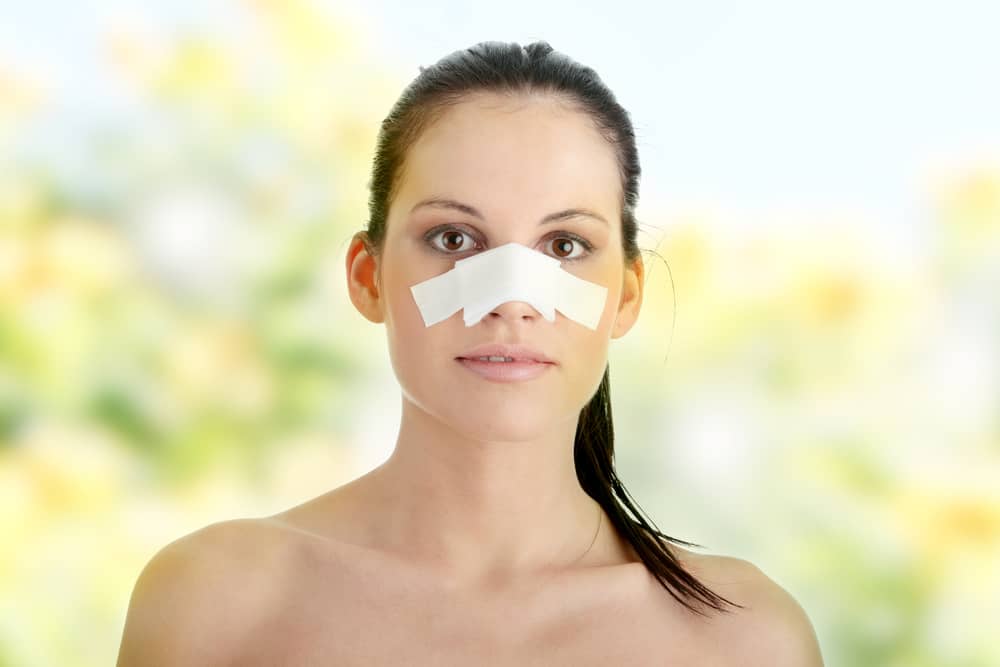Post-op Guide
How you should care for your nose will evolve as your recovery progresses. Within a few weeks, your nose will heal enough that you’ll be able to resume your normal activities. Here’s a guide to what you can expect right after surgery and in the days and weeks that follow.
Immediately After Surgery
Depending on the specifics of your procedure, rhinoplasty surgeon New Jersey surgeon at the Glasgold Group might perform your rhinoplasty in-office or at a nearby surgical facility. Your surgeon might use general anesthesia or give you IV sedation during the procedure. No matter where your surgery takes place or the type of anesthesia you receive, you’ll almost certainly be able to return home the same day.
Right after surgery, you’ll be taken to a recovery room. There, you’ll wait for the sedative or anesthesia to wear off. Your surgeon will examine you after you wake up to confirm that you’re ready to return home.
You’ll need to have someone bring you home from the office or surgical center. You won’t be able to drive yourself, due to the anesthesia. Ideally, someone should stay with you overnight after your surgery.
Your nose will be bandaged after your procedure. The surgeon will place a metal splint over the bridge of your nose and tape the splint in place.
They will also place gauze beneath your nostrils to catch any blood or fluids that might drain from the nose. You’ll be given instructions on how and when to change the gauze.
You’ll also be given instructions for safely cleaning your nose, medications to help manage discomfort (if needed), and instructions on what to eat and drink after rhinoplasty.
Day 2
The day after rhinoplasty, you can expect to see a considerable amount of swelling in the area around your nose and eyes. Your eyes might look puffy as if you were crying a lot or didn’t sleep well.
Applying an ice pack or cold compress to the area around the nose and eyes will help minimize swelling and improve bruising. You can use the ice pack frequently, just make sure to rest for about 15 minutes after applying it for 15 to 20 minutes. Never apply ice directly to your skin; always wrap it in a towel.
Continue to change the gauze pads under your nose on the second day after your surgery. You’ll likely find that after 48 hours, there isn’t much drainage and you can remove the gauze altogether.
Clean your nose as instructed and take it easy. The day after surgery is a good day to rest and watch TV or listen to podcasts.
One Week
About one week after your New Jersey rhinoplasty, you’ll return to our practice for a follow-up visit. During this visit, your surgeon will remove your splint, dressings, and sutures.
You might feel well enough now to participate in light activities, such as cooking, taking short walks, or doing the laundry. Some people feel well enough to go back to work after one week, while others wait until the second week to do so.
Continue cleaning your nasal cavity as directed by your surgeon. You should continue using the provided ointment inside your nose for at least another four days. Spray saline inside the nostrils twice a day for the next four weeks to prevent crusting and discomfort.
At the one-week mark, you can start to blow your nose gently. You might find pieces of the sutures in the tissues, but don’t be alarmed.
At this stage, you can start showering or getting your nose and head wet. Avoid submerging your head entirely underwater, though.
One Month
You’ll have another follow-up visit about one month after your surgery. By this point, you’ll most likely have been back at work or school for a couple of weeks. You’ll also probably be able to resume more strenuous activities, such as working out or going for a run.









